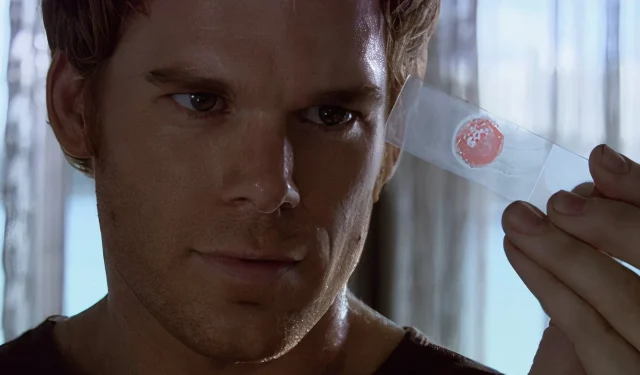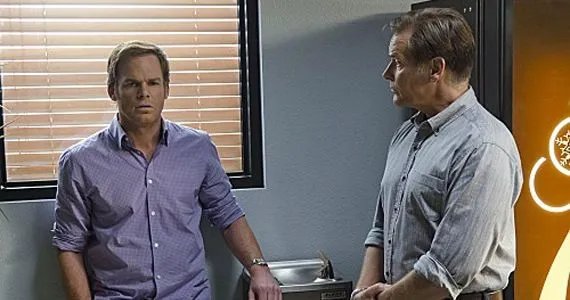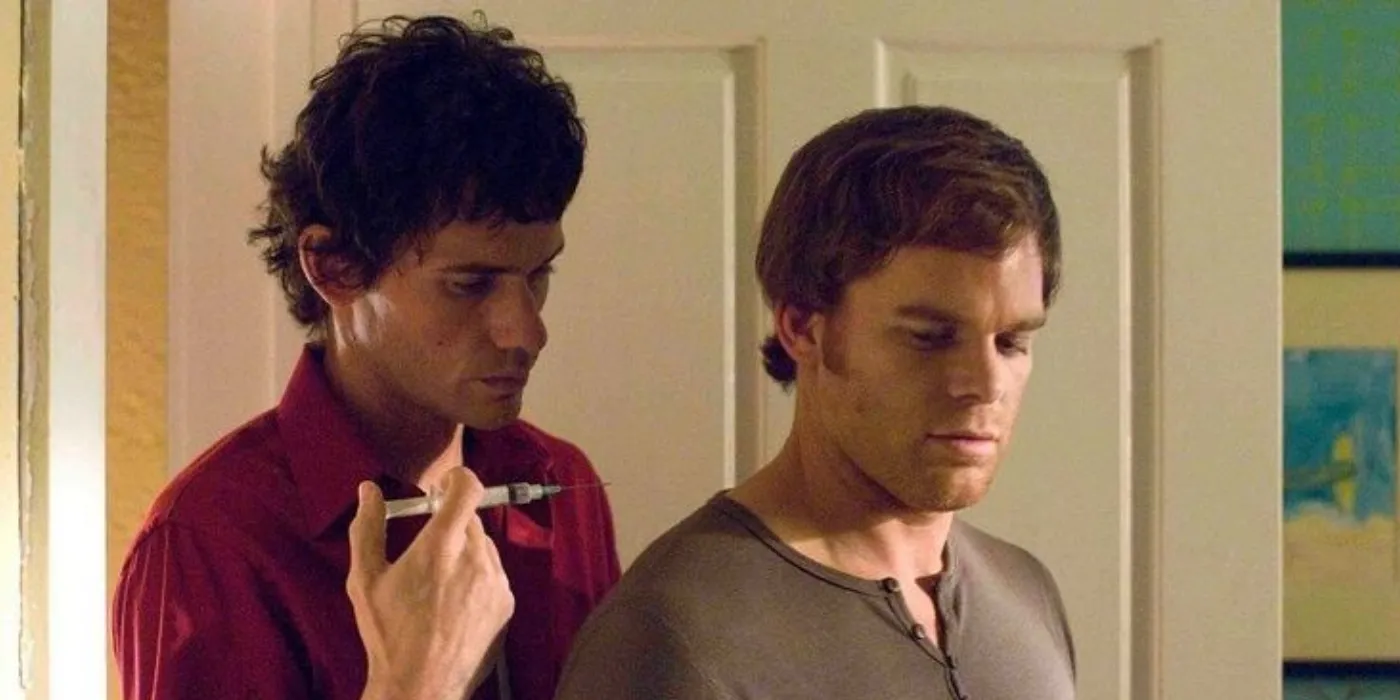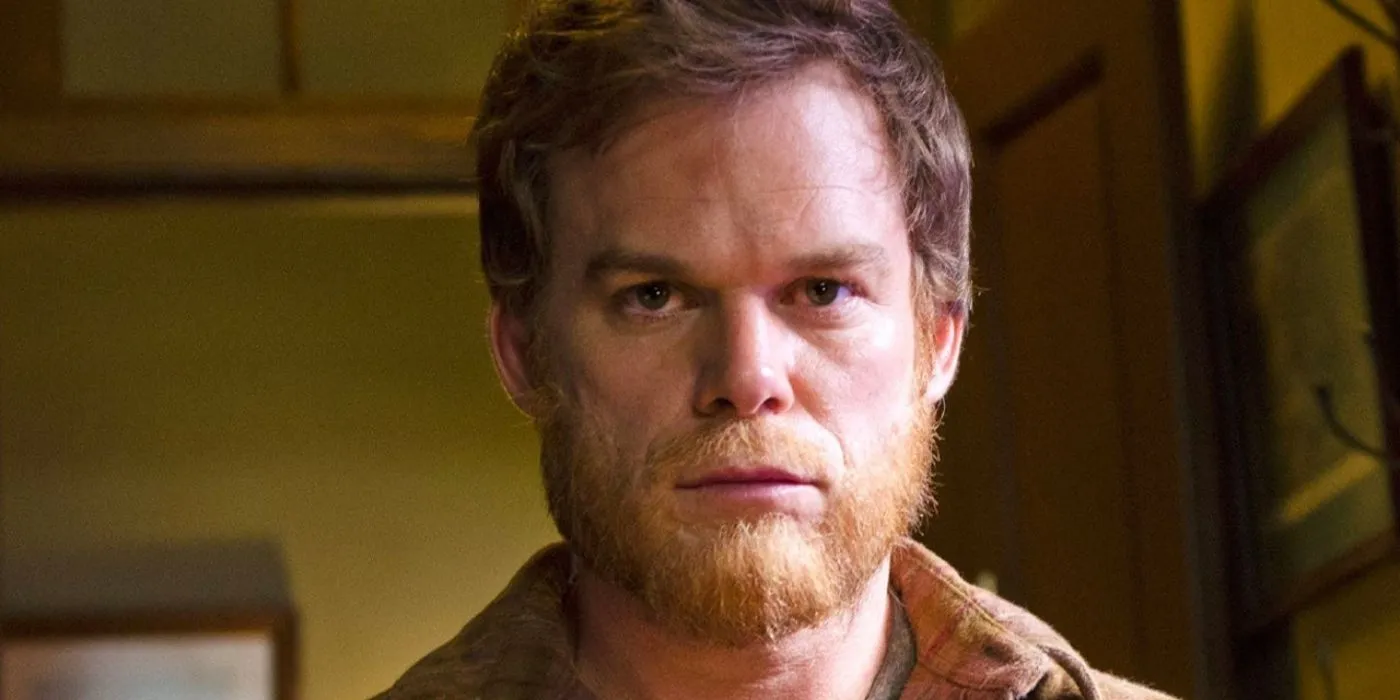
Dexter had the potential to be a defining series in the crime drama genre, but its latter seasons fell short and arguably should never have been produced. The show features Michael C. Hall in the lead role, portraying a unique protagonist who balances life as a forensic specialist and blood spatter analyst at the Miami Metro Police Department with a secret identity as a meticulous vigilante serial killer. What sets Dexter apart is his adherence to a strict moral code, inspired by the teachings of his adoptive father, Harry Morgan, which typically prevents him from targeting innocent individuals.
Though the series finale has garnered significant backlash and remains a contentious topic, Dexter is frequently hailed as one of the greatest thriller series in television history. In 2021, the revival, Dexter: New Blood, saw Hall return to his iconic role nearly a decade after the original show concluded. Meanwhile, the prequel series, Dexter: Original Sin, has also debuted to positive reviews. Additionally, a new installment titled Dexter: Resurrection is scheduled for release in the summer of 2025, with Hall reprising his role once more.
Seasons 1-4: Exceptional Storytelling in Serial Television
Michael C. Hall: The Ideal Anti-Hero






Premiering in 2006 on Showtime, Dexter captivated audiences with its compelling premise centering on a serial killer living inconspicuously among the very people he hunts. Hall’s portrayal of the charming yet deadly protagonist struck a chord with viewers, blending his work as a blood spatter analyst with a dark personal agenda. With a rich backstory involving a deceased mentor and a rigid moral code, Dexter evolved into an irresistibly complex anti-hero.
The first season’s gripping plotline, focusing on Dexter’s pursuit of the Ice Truck Killer, set high expectations that the subsequent seasons exceeded with captivating arcs. Season 2, featuring a notable performance by Jimmy Smits, reinforced the show’s elite status in premium television. However, Season 4, featuring John Lithgow as the enigmatic Trinity Killer, is widely regarded as the series’ peak, culminating in a memorable and shocking conclusion.
Despite Hall’s continued success in portraying Dexter in the later seasons, the narrative began to falter post-Season 4, which created an almost impossible standard to meet.
The Decline of Dexter: A Struggle to Recapture Earlier Brilliance
Seasons 5-8: Living in Season 4’s Shadow

Post-Trinity Killer, Season 5‘s potential fell short of expectations, while Seasons 6 and 8 struggled to maintain audience engagement and the high caliber set by the earlier episodes. While Season 5 and Season 7 showcased some merit, they could not replicate the same intensity and connection as their predecessors.
Much of the criticism aimed at the later seasons stems from seemingly arbitrary character decisions, particularly those involving Dexter and Debra, which feel like a product of the writing team losing momentum and struggling to escape the shadow of their past triumphs. Despite this, the series possesses an innate and captivating quality; even the less successful seasons carry a magnetic allure that keeps fans invested in Dexter’s journey.
Ultimately, the controversial conclusion with Dexter’s lumberjack scene left audiences divided. However, with Michael C. Hall’s resurgence in three new series, it seems clear that the original ending’s reception may have been harsher than it deserved. The introduction of Dr. Vogel in Season 8 sparked intrigue, even if the character’s development left much to be desired. Although the final installment was met with disappointment, it should not overshadow the incredible achievements of the first four seasons, which still stand tall as some of television’s finest.




Leave a Reply